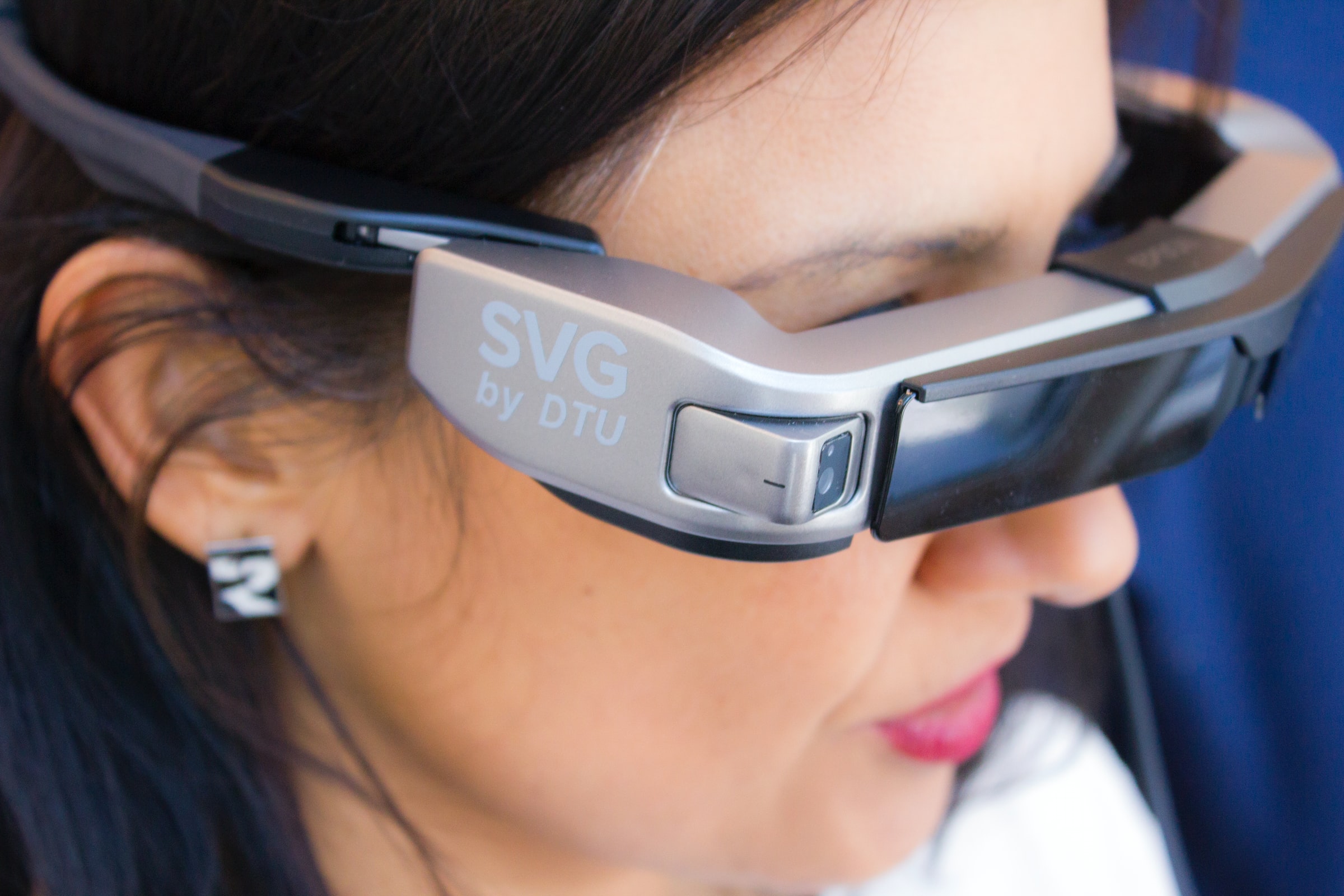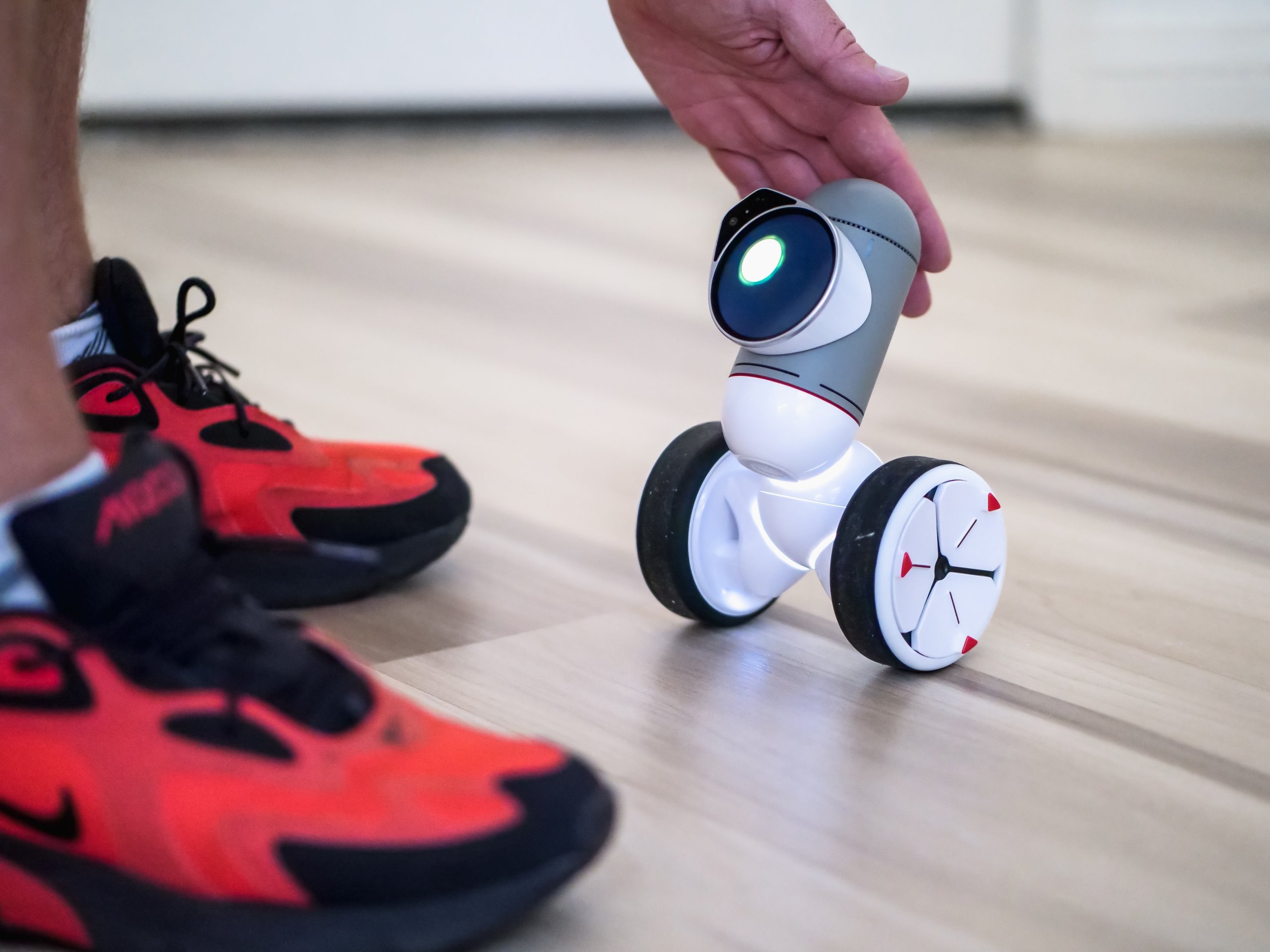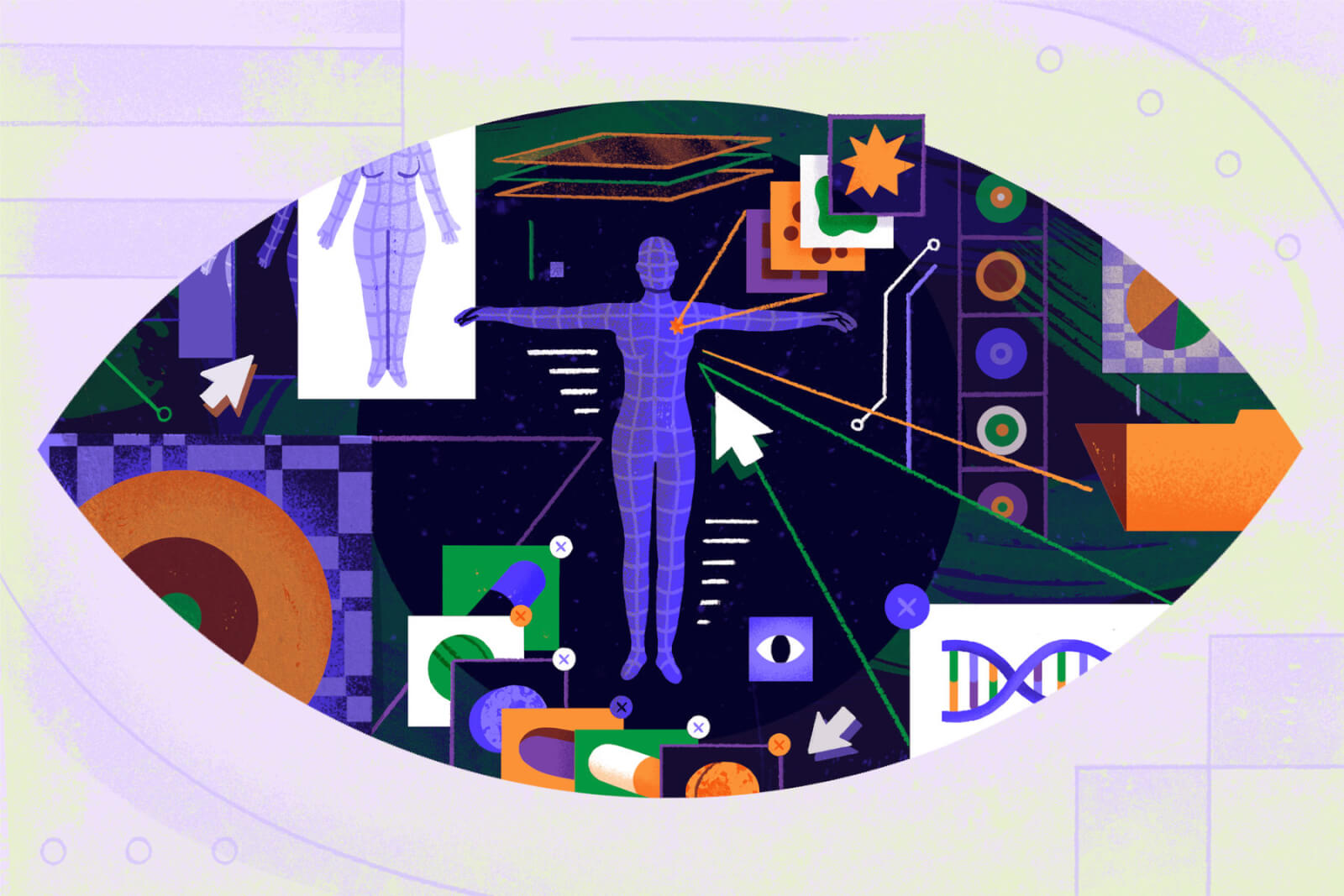 Artificial intelligence (AI) and machine learning (ML) applications were taking 2020 by storm when the COVID-19 pandemic struck. Although this crisis has changed how we do business and how we shop, the impact of AI and ML hasn’t diminished. In actuality, algorithms and smart machines have been saving lives and preventing the spread of the virus.
Artificial intelligence (AI) and machine learning (ML) applications were taking 2020 by storm when the COVID-19 pandemic struck. Although this crisis has changed how we do business and how we shop, the impact of AI and ML hasn’t diminished. In actuality, algorithms and smart machines have been saving lives and preventing the spread of the virus.
With that said, AI and ML aren’t going anywhere. In 2021, they’ll continue to revolutionize a multitude of industries and business processes. Here are four areas that will experience major improvement with the implementation of AI and ML algorithms.
1. Synthesizing Consumer Behavior for Businesses
As businesses changed how they manage their inventory and open their stores during COVID-19, consumers have adapted accordingly. There has been an increase in online shopping year-over-year over the past decade, but this year has seen the highest amount of online shopping yet. For example, Amazon’s revenues during Q2 of 2020 were up 40% compared to Q2 in 2019. Many retailers and tech companies are experiencing all-time highs in their stock prices thanks to wildly successful quarterly earnings reports.

Using AI tools, we can help businesses understand how their customers are adapting to pandemic restrictions. Many companies have already increased their social media presence, improved their e-commerce experience, and nurtured more relationships with customers through online interactions thanks to AI. But this trend is just beginning.
Adding AI into the mix adds a much more valuable layer of behavioral analytics and customer experience personalization. In 2021, experts predict that tools that provide companies with self-service access to behavioral analytics and personalization technology will grow in prevalence and revenue.
2. Boosting Surveillance Accuracy
AI and ML lend themselves nicely to applications that require automation. Many countries have used drones to surveil their citizens to ensure they’re following social distancing rules. But that’s just the start for surveillance AI applications: more advanced implementations include detecting a high temperature in a crowd using computer vision technology on drone and camera footage. These algorithms can alert authorities or local administrators of the probability of virus spread and population infection.
A similar use of AI is found in facial recognition technology that uses computer vision algorithms to identify people. Police use the technology to find people violating locking and quarantine orders and track people with symptoms in a crowd. Experts believe that the public has become more tolerant of surveillance, especially during the pandemic and for use in preventing the spread of the virus. As this technology grows over the next two years, we’ll see how the public’s perception and opinion of surveillance technology evolves.
3. Predicting the Next Pandemic
On December 31, 2019, Toronto-based BlueDot, an AI-based outbreak-tracking tool, alerted the authorities to a potential disease outbreak in Wuhan, China. The BlueDot algorithms were scanning 100,000 media and government data sources every day, giving them a great baseline with which to compare the Wuhan crisis. Some of the earliest alerts about the COVID-19 pandemic were generated by AI tracking data from sources all across the world.
Since most AI algorithms are built with the goal to predict or automate something, experts say that epidemiology applications enhanced by AI will be able to accurately predict where and when the next outbreak will take place.
4. Smarter Insights from Health Data
There is an urgent need to analyze and interpret data about the spread of the virus and other diseases around the world. Researchers, global health organizations, governments, and the private industry have banded together to improve how data is collected, aggregated, and analyzed.
Scientists have gotten on board by increasing their publishing rates and collaborating with each other for follow-up studies and experiments. More than 28,000 papers were published by April 2020, and they all revolved around the pandemic and virus. Researchers have developed a natural language processing algorithm to search through this trove of knowledge and information.
But there is more work to be done in advancing medical technology, standards of care, communication technology, and tracking the quality of data analyzed. AI can not only help us deal more effectively with pandemics, but it can help us treat affected patients more effectively too. Additionally, AI is being dispatched to deal with patients with other afflictions like cancer and heart disease.
Using AI and ML to make sense of massive, global, real-time datasets will reduce the mental and physical burden of everyone who treats infected people and everyone who gets infected. We can even analyze the data to specifically predict how the virus will evolve and apply the conclusions to vaccine research and development.
Looking Forward to the Near Future
The ability of AI and ML to predict, automate, and analyze disease outbreaks, customer behavior, and medical diagnoses will only improve even more in 2021. It will require, in some cases, the cooperation of governments and companies all over the world. In other cases, it will require substantial investment by smaller businesses and their customers. Many nations will have to put aside their politics and use emerging technology to tackle the growing problems brought about by the pandemic.
Experts expect to see more discussion around the international exchange of information and privacy around medical datasets in the next year. 2021 could be a transformative year for the world, enacting change for a better, healthier future for humanity.






